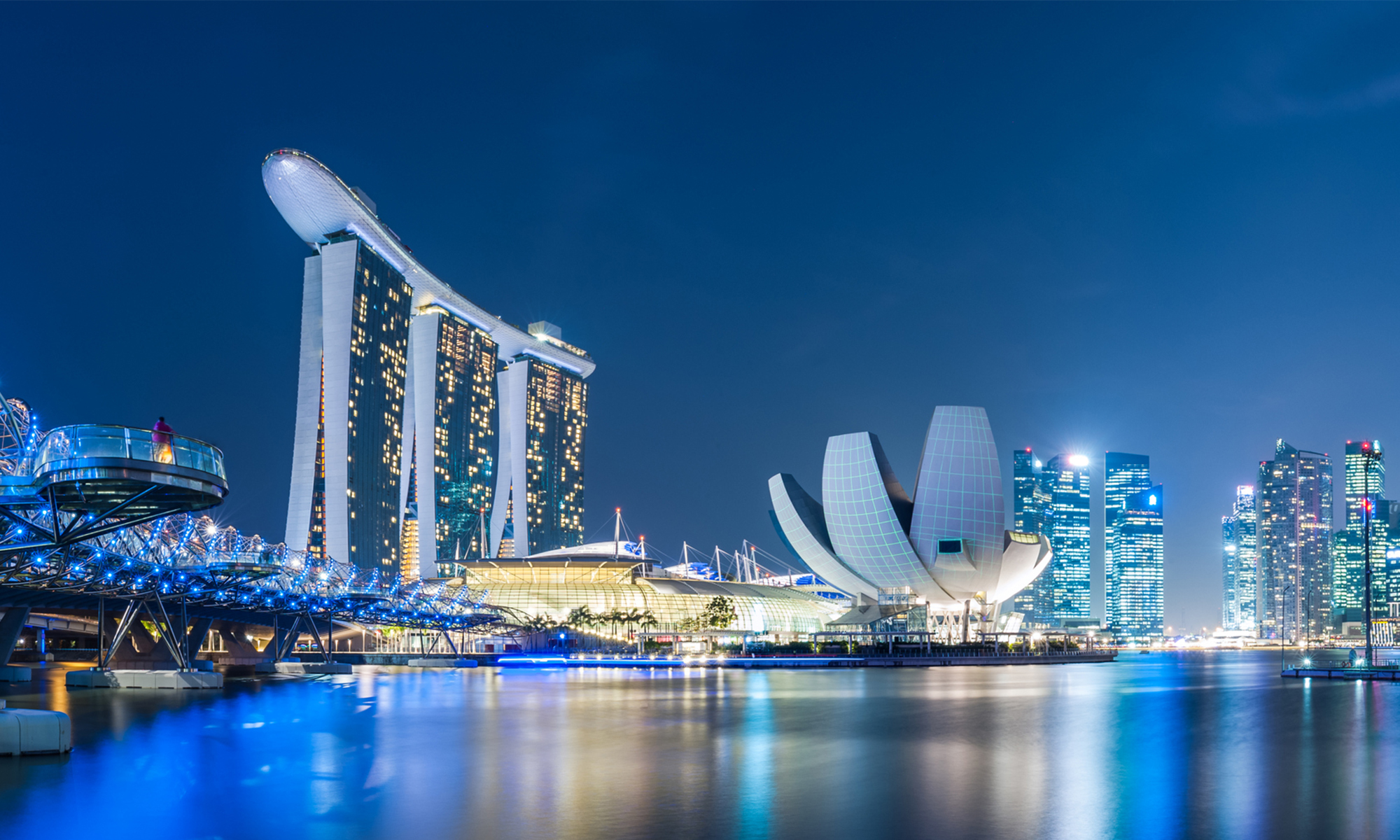
On 30 May 2025, the Monetary Authority of Singapore (“MAS”) published its response to feedback on the proposed regulatory approach, regulations, and notices for digital token service providers (“DTSPs”) under the Financial Services and Markets Act 2022 (“FSM Act”). This article provides a summary of the key features of the new regime, MAS’s clarifications, and practical implications for affected entities.
Scope of the DTSP Regime
The DTSP regime applies to individuals, partnerships, or Singapore-incorporated entities that carry on a business of providing digital token (“DT”) services outside Singapore. The regulatory focus is on mitigating money laundering and terrorism financing (“ML/TF”) risks, as well as reputational risks to Singapore, given the cross-border and internet-based nature of such services.
DTSPs are (i) individuals or partnerships that are operating from a place of business in Singapore or (ii) Singapore corporations, whether from Singapore or elsewhere, that are carrying on a business of providing DT services outside Singapore, as set out in section 137 of the FSM Act. All individuals operating from a place of business in Singapore who carry on a business of providing DT services outside Singapore will require a DTSP licence, unless the individual falls within one of the categories of persons in section 137(5) of the FSM Act. In determining whether a DTSP is “carrying on a business of providing DT services outside Singapore”, factors such as whether the DTSP’s front-office functions (e.g., sales, business development) or customers are located outside Singapore etc., would be relevant.
Some of the key points are summarized below:
1.Licensing Approach
MAS has confirmed that it will adopt a prudent and cautious approach to licensing DTSPs, and licences will be granted only in extremely limited circumstances. MAS will take into account, among other factors:
- Whether the applicant has a business model that makes economic sense and valid reasons for not providing DT services in Singapore despite being incorporated here.
- Whether the applicant is already regulated and supervised for compliance with relevant internationally agreed standards (e.g., FATF) in the jurisdictions where it provides DT services.
- MAS’s assessment of the applicant’s business structure and ability to comply with regulatory obligations.
MAS will not provide any transitional arrangements. All DTSPs subject to licensing must suspend or cease business by 30 June 2025 if they do not hold a DTSP licence.
2. Application and Fees
New applicants applying for DTSP licence will need to submit a legal opinion from a reputable law firm together with their applications. The legal opinion should include a clear and concise summary of the applicant’s business model and an assessment of whether the applicant’s proposed service(s) and/or product(s) are regulated digital token services under the FSM Act.
Further, upon being granted an in-principle approval, an applicant would be required to appoint a qualified independent External Auditor to perform an independent assessment of its policies, procedures and controls in the areas of Technology and Cybersecurity risks.
All licensees would be subject to an annual licence fee of $10,000, regardless of the number of DT services which it provides.
3. Financial Requirements
Licensees are required to maintain a minimum initial and ongoing financial threshold of SGD 250,000, reflected as the base capital, total capital contribution, and cash deposit, respectively, in the case of a company, partnership, limited liability partnership, or individual. This requirement is intended to ensure that licensees have a meaningful presence in Singapore and sufficient resources to conduct their business.
4. Business Conduct and Compliance
MAS will require approval for key personnel, including the chief executive officer, directors, partners, or managers. Competency requirements are set out in the ‘Guidelines on Licensing for Digital Token service Providers’ which includes sufficient experience in operating a DTSP business and understanding of the regulatory framework.
Licensees must have appropriate compliance management arrangements, commensurate with the scale and complexity of their operations. This may be an independent compliance function in Singapore or compliance support from a holding company or overseas related entity, but a suitably qualified compliance officer at the management level is mandatory.
5. Audit and Reporting
A licensee is required to appoint an auditor to conduct an audit of the transactions in relation to the DT services provided by the licensee, and submit the audit report to MAS annually. In addition to audits, licensees must maintain an audit function that is adequately resourced and independent, and be able to regularly assess the effectiveness of the licensee’s internal policies, procedures and controls, and its compliance with regulatory requirements.
6. Technology Risk and Cyber Hygiene
Given the reliance on distributed ledger technology and exposure to cyber threats, MAS will require licensees to implement technology risk management and cyber hygiene controls. These requirements are intended to ensure operational resilience and safeguard against cyberattacks and system outages.
Practical Implications
The MAS’s finalised framework for DTSPs under the FSM Act sets a high standard for market entry and operation. It reflects Singapore’s ongoing efforts to uphold the integrity and reputation of its financial system. Market participants should carefully review their business models, identify any compliance gaps, and seek legal guidance ahead of the 30 June 2025 deadline.
For More Information
If you have any questions about this article or would like to discuss this update, please contact Duane Morris & Selvam Chairman Leon Yee or Senior Associate Sally Kim.
About Duane Morris & Selvam LLP
Duane Morris & Selvam LLP is a joint law venture between international firm Duane Morris LLP and Singapore-based firm Selvam LLC. Duane Morris & Selvam runs a unique Latin American-Asian practice out of Singapore, with a team of international lawyers qualified in multiple jurisdictions including Singapore, the U.S., the U.K., Canada, Mexico and Colombia, with substantial experience in international transactions and disputes. Duane Morris & Selvam also has cooperative relationships with some of the best Latin American and Asian law firms.
Disclaimer: This Alert has been prepared and published for informational purposes only and is not offered, nor should be construed, as legal advice. For more information, please see the firm’s full disclaimer.
